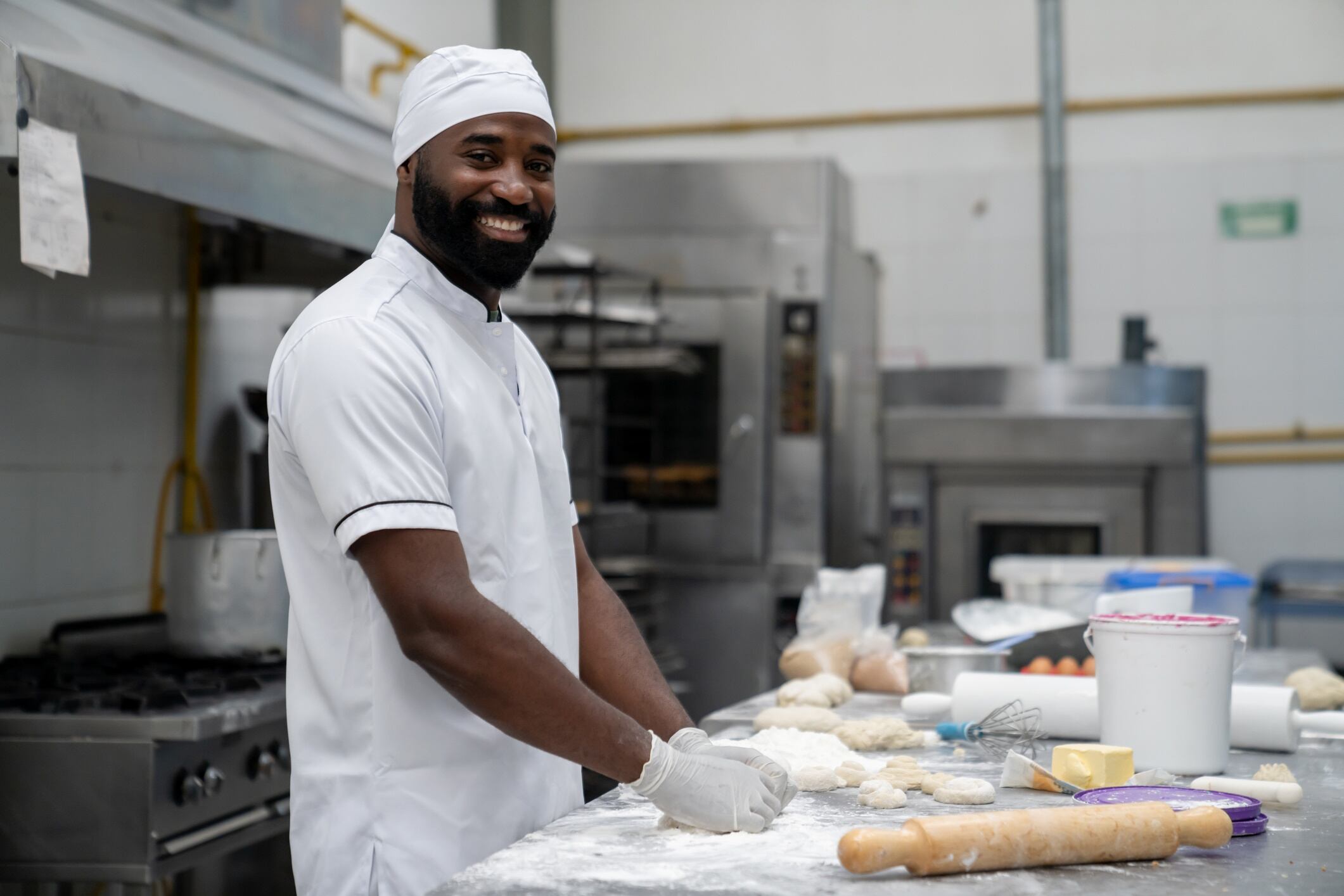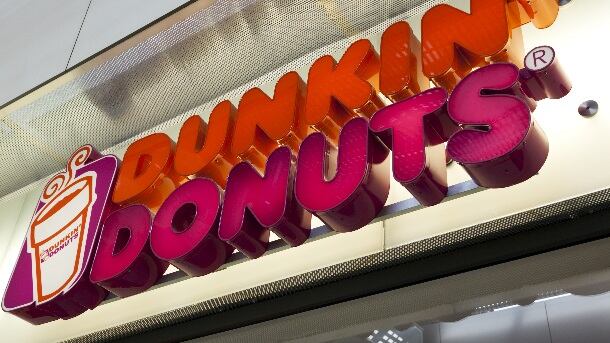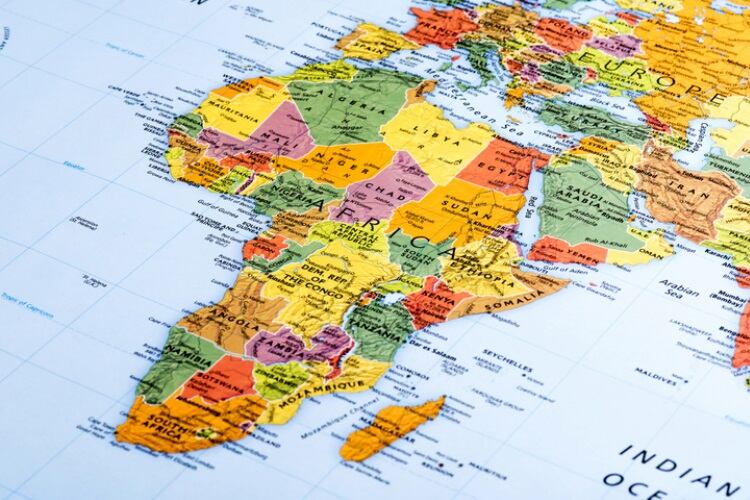Key takeaways:
- Africa’s banks are financing drought-resistant crops and sustainable farming to protect bakery and cereal supply chains.
- Global brands like Nestlé are expanding local sourcing, while local producers lean on heritage and affordability.
- Packaging waste and supply-chain choices show sustainability must extend across the entire value chain.
Africa’s bakery and breakfast cereal makers are rethinking their supply chains, with banks and brands pushing farmers toward more sustainable practices. The shift is urgent: erratic weather and limited resources are making it harder to secure the ingredients the industry depends on.
Dawie Maree, head of information and marketing at FNB, said the answer lies in “new cultivars that are drought-resistant, or short-term growing” alternatives. Crops like sorghum are already being adopted for cereals in Nigeria.
“This helps in producing enough supply for manufacturers in a sustainable way,” he said. But getting there takes research and money. FNB has rolled out financing for farmers to invest in conservation tillage, hail nets and water-saving tech. “We have a sustainability loan in place to assist farmers,” Maree explained. Other lenders across Africa are following suit.
Cereal demand reshapes supply

South Africa’s breakfast cereal market – valued at about ZAR10.48 billion (US $566m) in 2023 – is growing fast, driven by healthier, organic, and gluten-free demand. A Research and Markets report says Kellogg’s, Mondelez, and Nestlé are all reformulating, while local producers keep pace.
Bokomo, part of PepsiCo’s Pioneer Foods, dominates with its wide cereal portfolio. Jungle Oats, under Tiger Brands, has stretched its heritage staple into snack bars and on-the-go packs. Futurelife has carved a niche with fortified, high-protein, low-GI products aimed at health-conscious buyers.
The same report flags ‘climate change impacts and rising costs’ as major hurdles, while new habits – cereals as snacks and the rise of grab-and-go bars – are reshaping demand.
Competing strategies in SA’s cereal aisle
Global and local brands are taking different routes to win consumers.
Multinationals lean on scale and reformulation, drawing from global R&D pipelines to launch gluten-free lines, organic variants and sustainable packaging. Their edge is speed and marketing clout.
Local producers lean into affordability and familiarity. They’re nimbler in sourcing from South African farmers and processors, building loyalty on taste and price rather than global trends.
The result is a split market where international giants set the tone on health and premium positioning, while domestic players defend ground with price and heritage. Both are shaping a category now worth over half a billion dollars – and both will be needed to withstand climate and cost shocks.
Nestlé leans into local sourcing
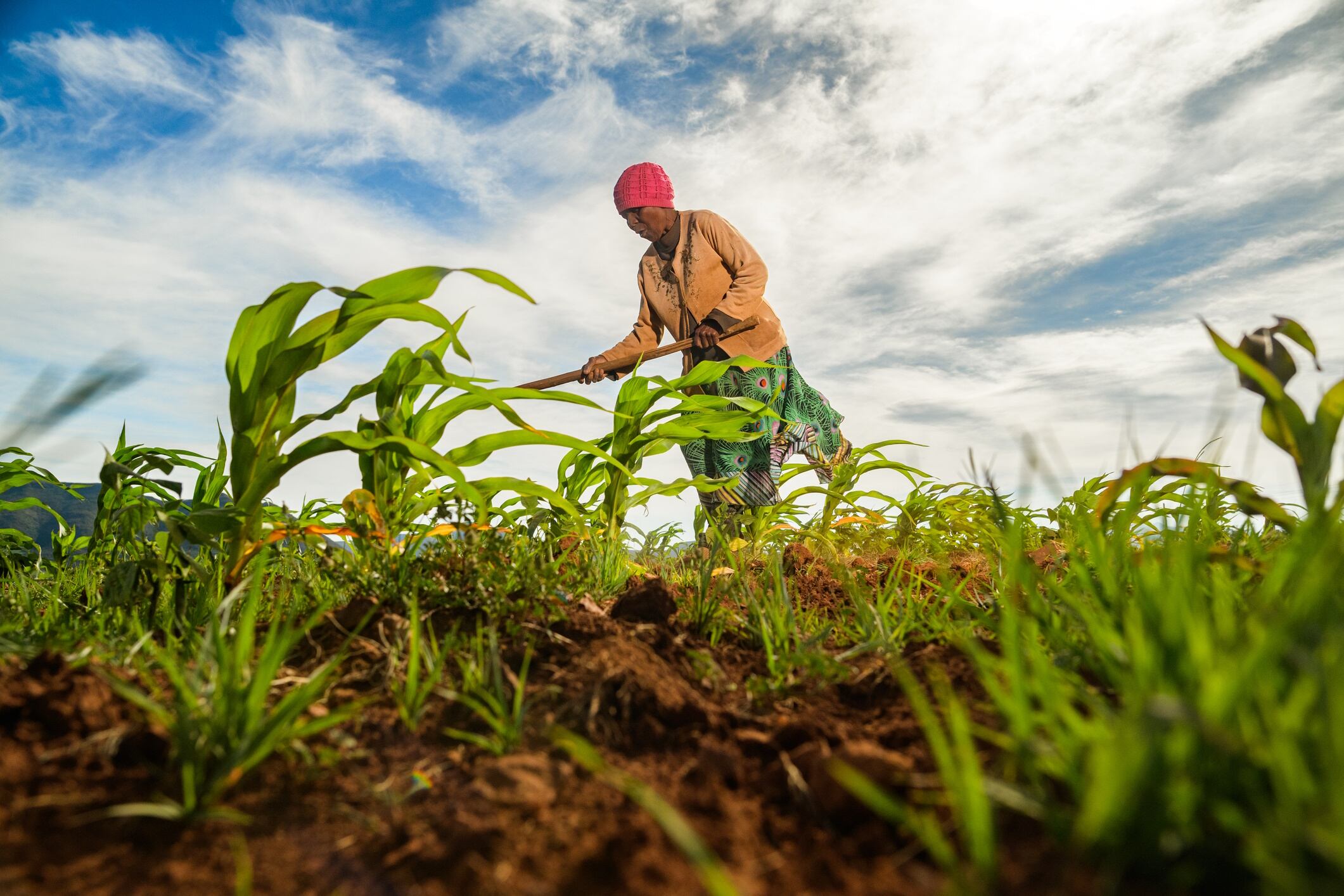
Nestlé is betting heavily on local farmers. Through its Dairy Empowerment Scheme, it’s supported more than 200 South African dairy farmers since 2011 with training, heifers, fodder tools and solar-powered boreholes.
“This model not only improves milk quality and yields but also strengthens rural livelihoods and promotes long-term agricultural resilience,” the company told Bakery&Snacks.
In Zimbabwe, Nestlé has recently invested US$7m to expand its Harare cereal plant, adding a fourth roller dryer that boosts output by more than 35%. The factory will supply Zimbabwe and export to Zambia, Malawi and Mozambique. Nestlé Zimbabwe already supports 400+ jobs and works with 350+ local suppliers, and the expansion ties into the government’s Vision 2030 agenda.
“This investment underlines our long-term commitment to Zimbabwe and the region,” Nestlé said. “By increasing local sourcing, creating jobs and boosting manufacturing capacity, we’re building a stronger foundation for both domestic supply and exports.”
Nestlé’s pivot to local sourcing is clear but it’s not alone. African ingredient supplier Famasons calls sourcing the cornerstone of resilience. Unlike Nestlé’s mostly local play, Famasons mixes regional and global suppliers to give bakeries and cereal makers more flexibility against climate and cost shocks.
Bakers call out packaging waste
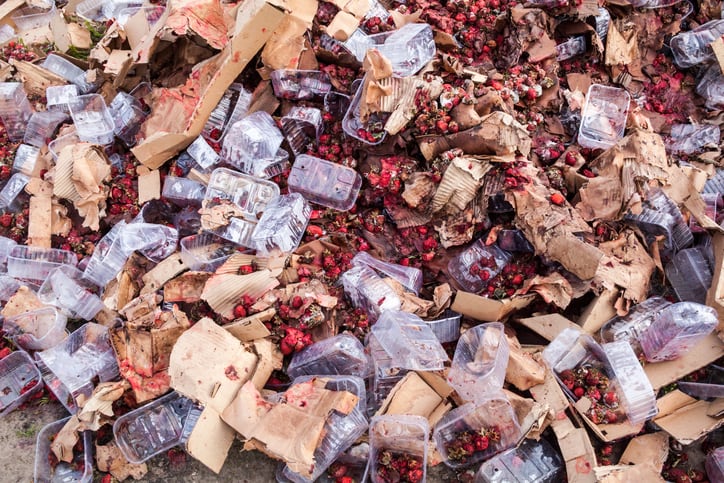
Sustainability concerns don’t end with farmers and manufacturers. Bakers, too, are pressing suppliers to rethink practices. Stuart McClarty – founding member and president of the South African Bakers Association (SABA) and owner of The Underground Bakery – said excessive packaging is one of his biggest headaches.
“For the most part, our biggest issue with suppliers is the amount of packaging we get. Everything’s wrapped in a 1kg pack, then it’s in a box, and the whole box is wrapped in plastic. You end up with all this packaging that then becomes my responsibility to throw away,” he said.
For McClarty, waste reduction has to go beyond farming and manufacturing – it has to run the whole value chain, right down to how ingredients land on a baker’s counter.
Banks can finance it, brands can scale it and bakers can demand it – but Africa’s food sector won’t secure its future without treating sustainability as a business necessity. Local sourcing isn’t just an option anymore. It’s the ingredient that will decide who rises and who crumbles.

